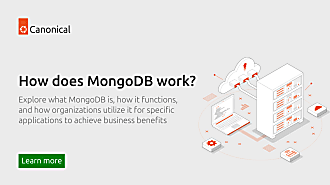Amrisha Prashar
on 24 March 2015
Origami has long been associated with good fortune and represents the visual style for the Ubuntu Phone. We would like to invite you to create your own Origami Unicorn for the chance to win an Ubuntu Phone.
The stages to participate include:
- Create a Unicorn Origami form from a single sheet of paper
- Take a photo of your custom creation
- Upload to instagram with the hashtag #fingertipchallenge
Simple! And we’ve included a downloadable guide on how to create a Unicorn Origami below. The most number of likes on Instagram wins an Ubuntu Phone. Deadline is 6pm (GMT) on Wednesday 15th April.
Happy crafting folks!



